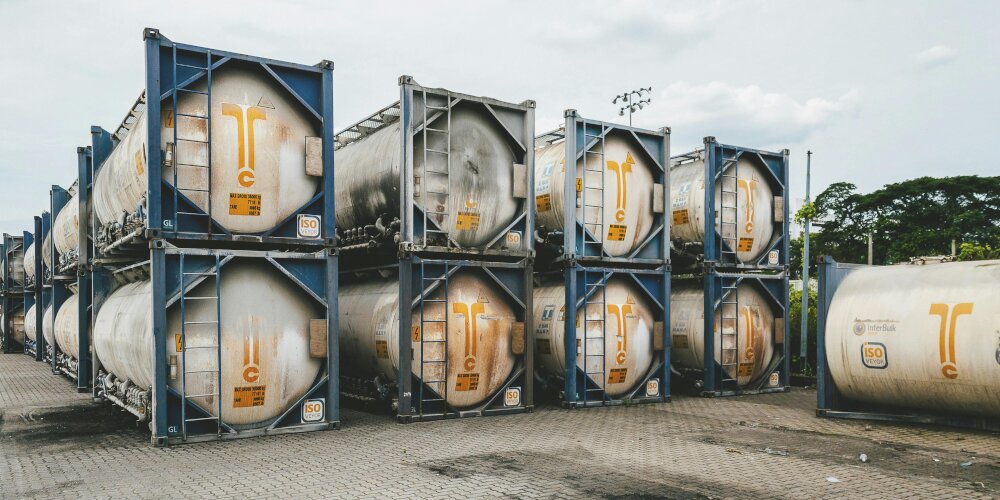Global Tanktainer Fleet Reaches 882k Units

In its latest annual Tank Container Survey, the International Tank Container Organisation (ITCO) has revealed the true extent of the global tanktainer fleet - having grown 3.96% YoY to reach a total of 882,023 units.
According to the survey, a total of 42,123 tanks were manufactured in 2024, whilst a total of 8,500 were disposed of. As a result, a total of 33,620 tanktainers were added to the global fleet compared to 46,600 in 2023.
The ITCO believes that the decrease in new tanktainer additions to the fleet in 2024 can largely be attributed to a downturn in the global chemical industry.
With regard to tanktainer operators, the ITCO highlights that the industry ‘continues to be dominated on a global level by a relatively small number of major tank container operators and leasing companies’.
In fact, this year’s survey points to the fact that the ‘top 10 lessors accounted for 322,733 tanks, representing about 84% of the total leasing fleet (381,781 tanks). On the ownership side, the top 10 operators accounted for ‘over 301,750 tanks representing just under 50% of the global tank container operators’ fleet (619,741 tanks)’.
Based on the ITCO report, the top 10 tank container operators in 2024 were:
- Hoyer Group.
- Newport.
- Bertschi Group.
- China Railway Logistics.
- Den Hartogh.
- Bulkhaul.
- E-way Group.
- Intermodal Tank Transport.
- NRS Ocean Logistics.
- Stolt Tank Containers.
So, what does 2025 hold for the tanktainer industry? The ITCO presents a mixed picture, summarising the picture, ‘The global economy continues to experience low growth rates, and the outlook remains cloudy’.
However, ITCO is keen to point out the inherent advantages of tanktainers, stating that:
‘The tank container offers many supply chain advantages which will support its role as a niche mode of transportation, particularly considering the pressures being faced by its main customers in the chemicals and food-grade markets.
It represents a safe and sustainable piece of equipment, ideally suited to intermodal traffic. The loaded product is subject to minimal handling… at the loading point, and at the point of discharge… unlike products moved on bulk parcel tankers. Pressures on working capital will discourage shippers from accumulating large inventories of products to be shipped in bulk tankers, and ultimately stored in bulk terminals at the discharge point, if tank containers offer a viable alternative.
As we reported in last year’s report, there is also evidence of a gradual change from global supply chains, to more local-for-local sourcing, in which case tank containers can play a vital role in moving products to more isolated customers where infrastructure is less developed.
The future of the tank container still offers much promise!’.
Tanktainer inspection services from The Lab
If you want to maintain your tanktainer fleet in top condition, then it’s vital that you conduct regular corrosion inspections.
The Lab is here to help you do just that.
Our tanktainer inspection services include; eddy current array corrosion mapping, ultrasonic corrosion mapping, visual testing, and field metallurgical replication.
Explore The Lab’s tanktainer inspection services now
For more information, industry insights, and the latest news, explore The Lab’s News and Knowledge Hub…
Cutting-Edge Techniques Revolutionise Metal Corrosion Analysis | New Research Examines Corrosion on Atomic Level | Google’s DeepMind AI Tool Makes Material Science Breakthrough
- Author
- Adam Whittle
- Date
- 02/06/2025
